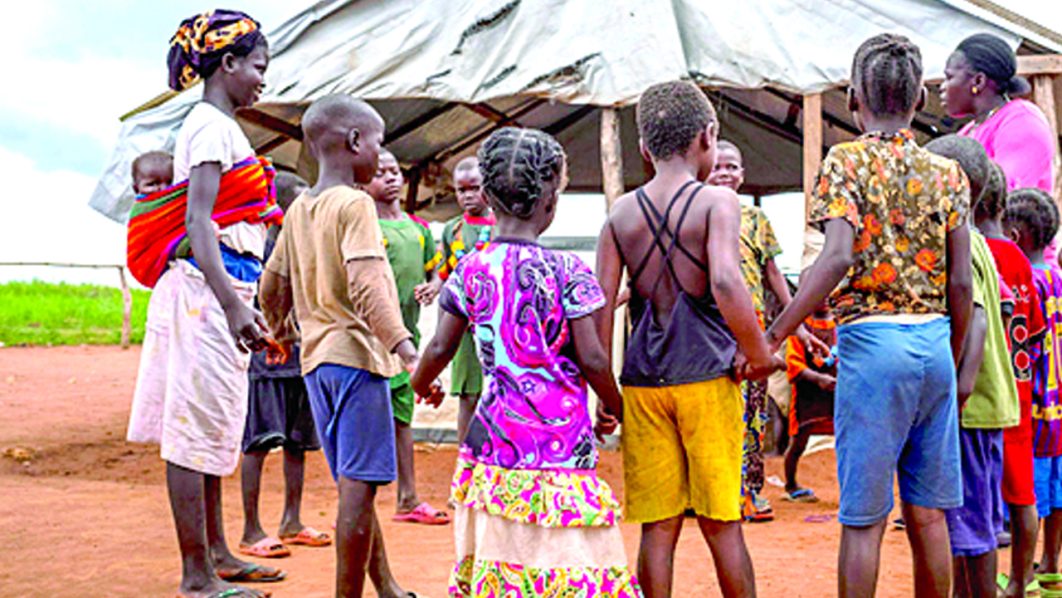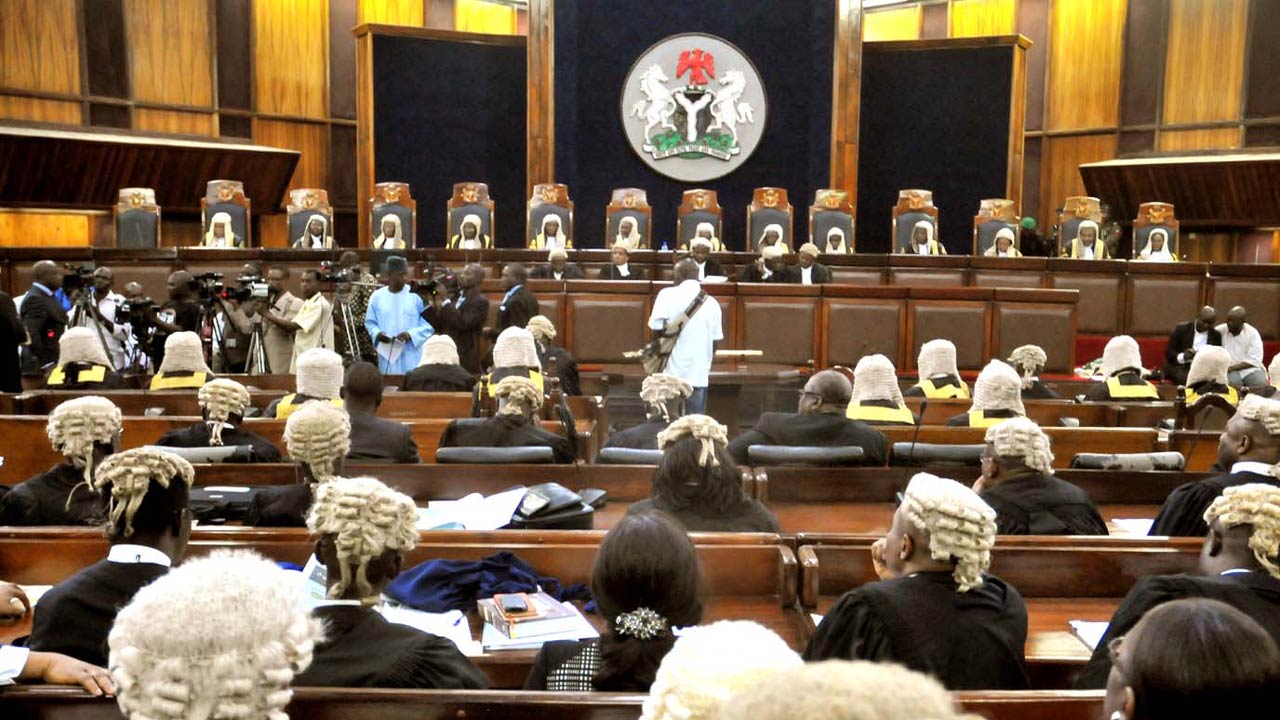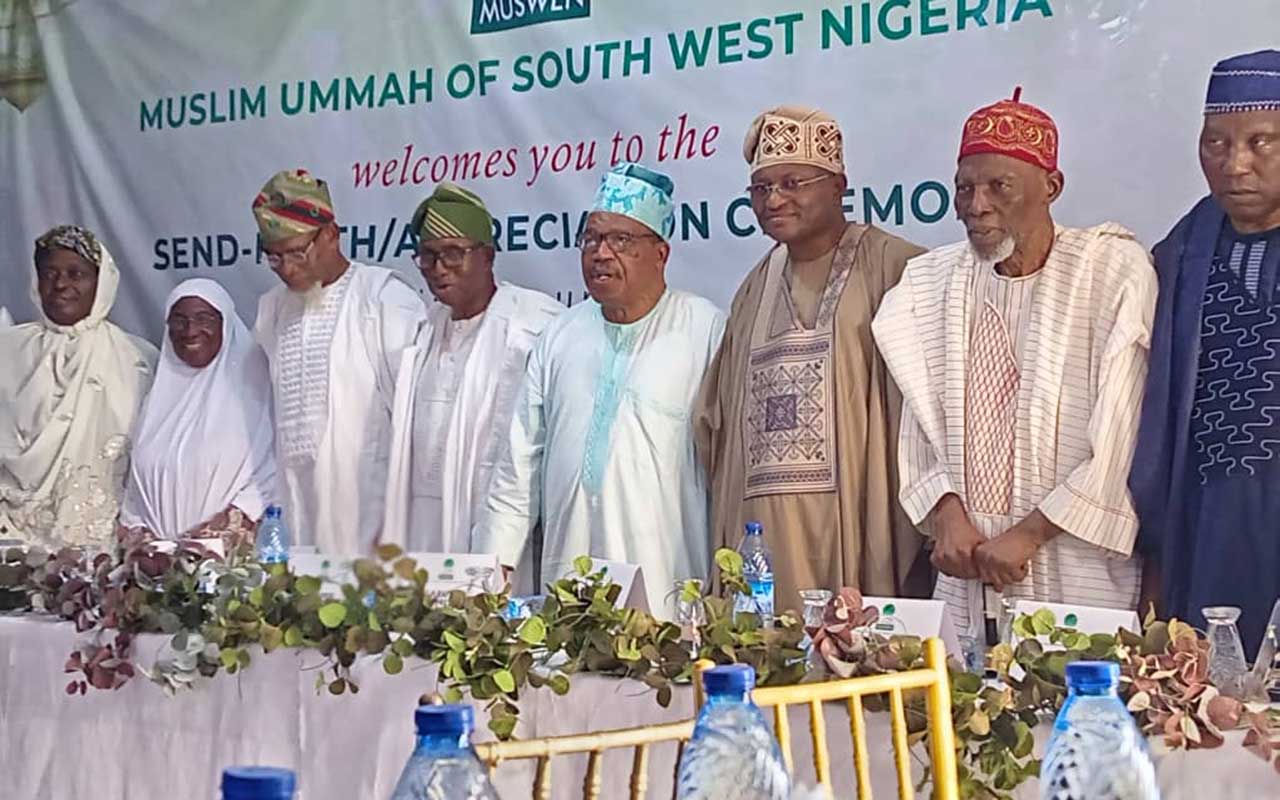
In December 2013, Bangui, the capital of the Central African Republic, descended into a brutal bloodbath. The violence fleetingly made international headlines, leading to warnings of a failed state and possible genocide before it gradually diminished. But now the few early signs of recovery and rebuilding in CAR have given way to a dramatic resurgence in fighting that has enveloped parts of the country previously spared from the violence. Today life is even harsher and more fraught with danger for children than it was at the peak of the crisis. And, judging by the amount of attention and funding CAR gets, barely anyone is watching what is happening across this vast, landlocked country in the heart of Africa. Two out of three children in CAR need humanitarian assistance. One in four children is displaced or a refugee. The skeletal bodies of children fortunate enough to make it to the nutrition ward at CAR’s only pediatric hospital virtually scream “famine”. Almost every single Central African child needs protection from the fighting and its far-reaching effects. Children who joined armed groups because their parents had been killed, or because they were so poor – and who eventually left because they were terrified, or hungry, or realized it was a dead-end – desperately need a break, an opportunity, the prospect of a decent life. Girls whose bodies have been brutalized – whether by armed milit
Every year in Nigeria, poor economic condition, armed conflicts, violence, insecurity, natural disasters and migration split countless families, with some relocating to other countries where they hardly know anyone or have any acquaintances. In many cases, the affected Nigerians are stranded in their host countries.
To save them from the horrendous experience, many of them have been assisted to voluntarily return to Nigeria through the International Organisation for Migration (IOM)-Assisted Voluntary Return and Reintegration Programme.
According to IOM, there are many cases of returnees who are in need of Family Tracing and Reunification (FTR) services. And with focus on unaccompanied child migrants, the United Nations Children’s Fund (UNICEF) is making moves to ensure that child returnees are protected and safely reunited with their families. Hence UNICEF organised a two-day training in Lagos for social workers to keep them abreast of enhanced services for child migrants, especially those who are unaccompanied within the child protection system.
Among the social workers’ groups are Child Protection Network (CPN), National Emergency Management Agency (NEMA), National Agency for the Prohibition of Trafficking in Persons (NAPTIP), gender desk of the Nigeria Police Force, Ministry of Youth and Social Development (MYSD) and the media.
The participants were trained on Child Protection Information Management System (CPIMS), Standard Operating Procedures (SOPs) on Family Tracing and its unified and now simplified case management document to effectively extract adequate information from the children to aid proper reintegration.
At the event, UNICEF child protection specialist, Nkiri Maduechesi said the training was necessary to help social workers update their skills and ensure that children within the child protection system receive timely and age-appropriate service using the case management document.
“Based on the Sustainable Development Goal (SDG) mantra – ‘leave no one behind’, none of the child returnees are left behind. We want to bring every child that needs protection within the child protection system in Nigeria, particularly now in Lagos State.”
Another facilitator, Denis Onoise, a child protection specialist with UNICEF said that the social workers worked with child returnees from outside the country.
“When these children come back, often times they are separated from the group and then these social workers are asked to attend to these children for that period, particularly the children amongst them that are unaccompanied.”
He noted that in the last three years, agencies in Lagos have carried out their duties without any capacity building support and without really understanding the issues these children may be contending with and the kind of services they may want to have provided to them.
Steps to take in re-integrating children
The West Africa Network for Child Protection (WAN) produced an ECOWAS Care Protocols and Standard. The standard offers a common framework for ECOWAS counties to access and address the risks and vulnerabilities of children on the move.
According to Maduechesi, the ECOWAS standard when it comes to handling case management for children is global and the same.
“It starts with necessary consent for initial assessment and then you proceed to comprehensive assessment of the case plan and then have the implementation of the case plan which involves service provisions and referrals.
“Then you move to the next stage which is review and follow up and when you are satisfied that this child will not suffer harm and is not at risk, you can go on to close the case. But when you review and find out that there are concerns and the case has not been properly or effectively handled, you can come back to assess and then start the process again.”
She stressed that the essence is to ensure that a child is not left out without proper care, knowing that the very best thing for a child is to grow up in his family environment, with support from parents in caring, supporting and preventing harm.
“This will also prevent violent abuse, neglect and exploitation; when children suffer violence just like any human being, it not only impacts negatively on their heath or physical wellbeing, it also impacts on their mental development.“It will also avert toxic stress as a child who is physically, mentally and sexually abused may not perform well in school and that is why it is important that the child protection system is taken seriously by governments at all levels to ensure there is funding for social services because when we have children that are properly cared for in their families, it means that we will have less of the vices and children will grow up to be positive contributors to society.”
Role of Government
Maduechesi described the UN and development organisations as catalysts that cannot really be effective if government’s support is not on board. So advocacy for government starting with the local to state and federal levels should prioritize social service for children right from the family unit to schools, and support the social welfare unit and enforcement agencies to ensure that violence against children is prevented or responded to adequately. This they can do by priotising it.
In her words: “They say caring for children is not the same as a physical project where you see the name of the government that has constructed the bridge or roads or schools. But then, the best asset for any country is the one on human development of that country. The children that you protect today will end up transforming Nigeria to be the best country in the world. If we don’t protect them and if we don’t contribute to it, it means that our development cannot be sustained beyond this generation.
“So we call on the government to make adequate budget allocation, also disburse and monitor the allocation to see that this naira and kobo is going in the right place to ensure that children who need protection, children who are sexually abused are given justice.”
Onoise observed that the government budgets for everything else, but there is almost nothing when it comes to child protection. He noted that in Lagos State, almost on a weekly basis, there are female children who are sexually violated, hence the need for a budget to handle these issues.
“Under the Ministry of Justice, an agency – Domestic Violence Response Team- collects data and you will be amazed by the number of children, particularly during the COVID-19 crisis, that were sexually violated. We were receiving figures that were disturbing of children who were violated.
“In some cases, these people are arrested by the police. There are many of these cases that are still in court today. The MYSD and other related stakeholders are following up on these cases.
“It will be important, therefore, for government to really invest in provision of prevention-related training for people to have information about what they are supposed to do to ensure that their children are no violated,” she said.
Violence In Children
Onoise recalled a survey UNICEF carried out in Nigeria in 2014 on issues of violence against children. It focused on three major types of violence – sexual, emotional and psychological.
“You will find it surprising that out of 10 children, six have been violated before the age of 15. This cuts across all the states in the country. So many children are neglected and they are not reporting this kind of violence that is happening to them.
“So, when you are physically or sexually violated, what do you do? We found out that only one out of five was conscious of it and wanted to report it and the reason was simply that they don’t have information that it is a crime against them. And the people who do this will threaten them, ‘if you report to your mum or dad, I will kill you.’ And so when a child that is violated hears that kind of statement, she will not be willing to talk,” Onoise explained.
He revealed that in Lagos State, there is a child safeguarding policy that every school is supposed to have. While some schools have this policy, many others do not have it.
“Again, it will be costly to invest in child protection system to ensure that violence is not happening. We still have issues of child labour and to be able to deal with these, people need training and awareness.”
Charge to social workers
Maduechesi described the duty of the social workers as sacred because they care for people who cannot care for and defend themselves.
“So, it calls for ultimate dedication to duty and professionalism of the highest order. They should see this child protection responsibility as a very important part of what they have signed to do and handle it professionally with strict integrity and effectiveness.”






